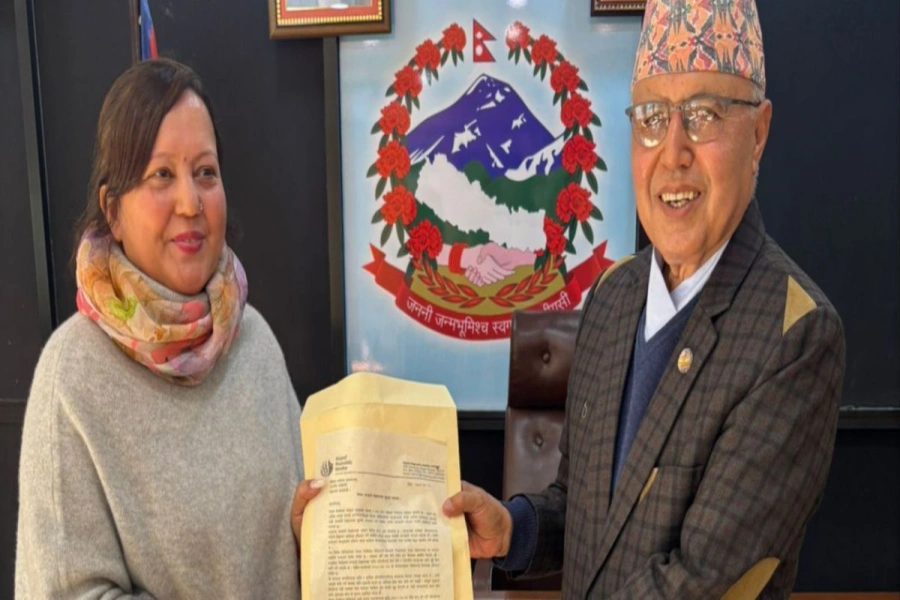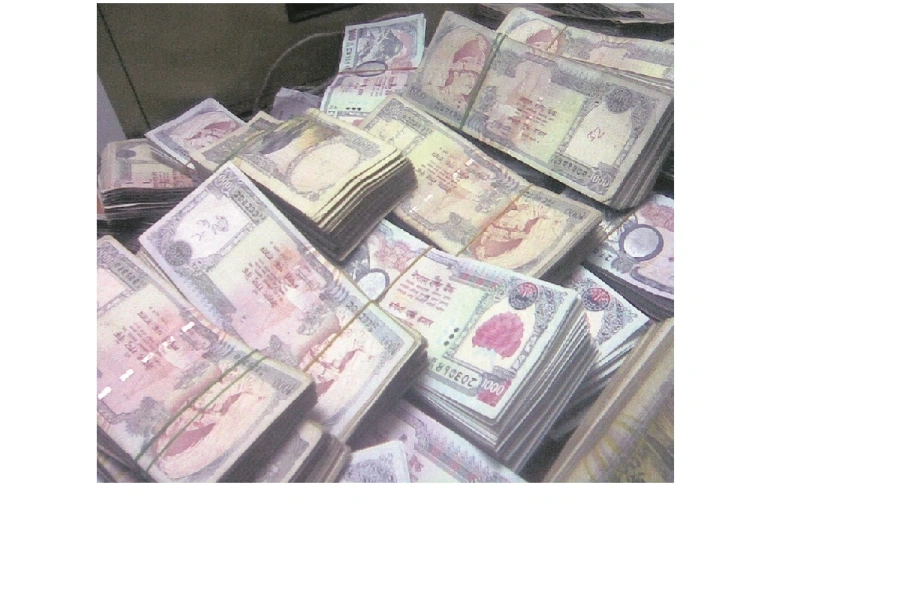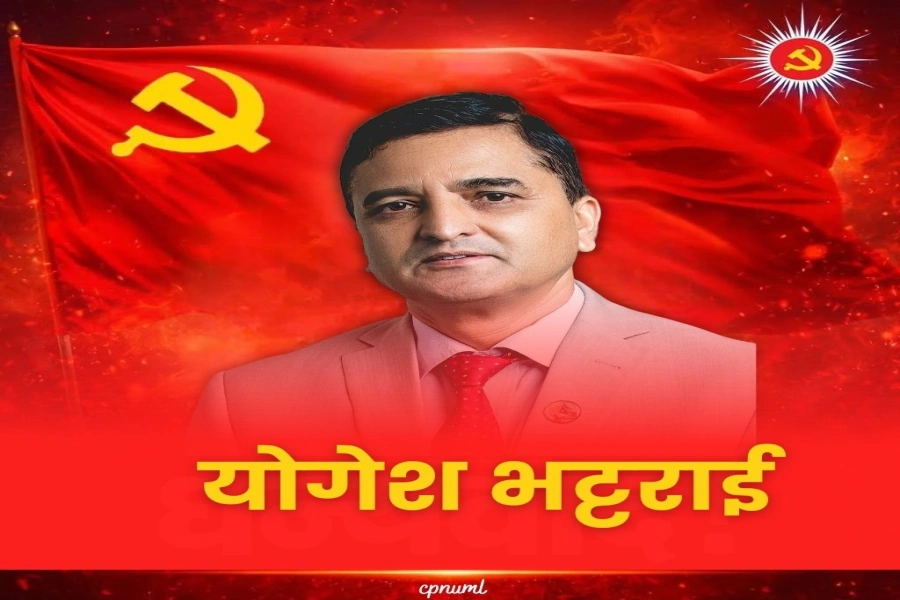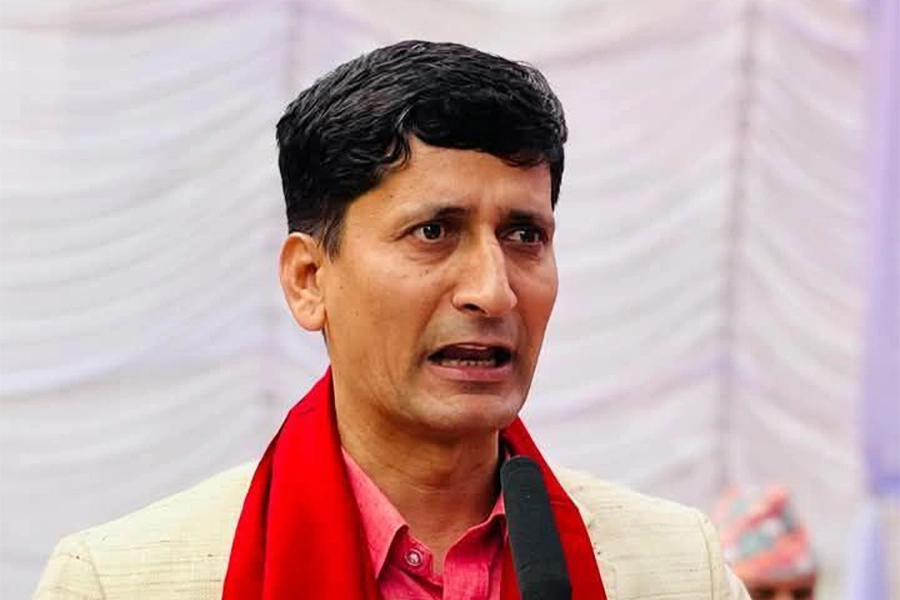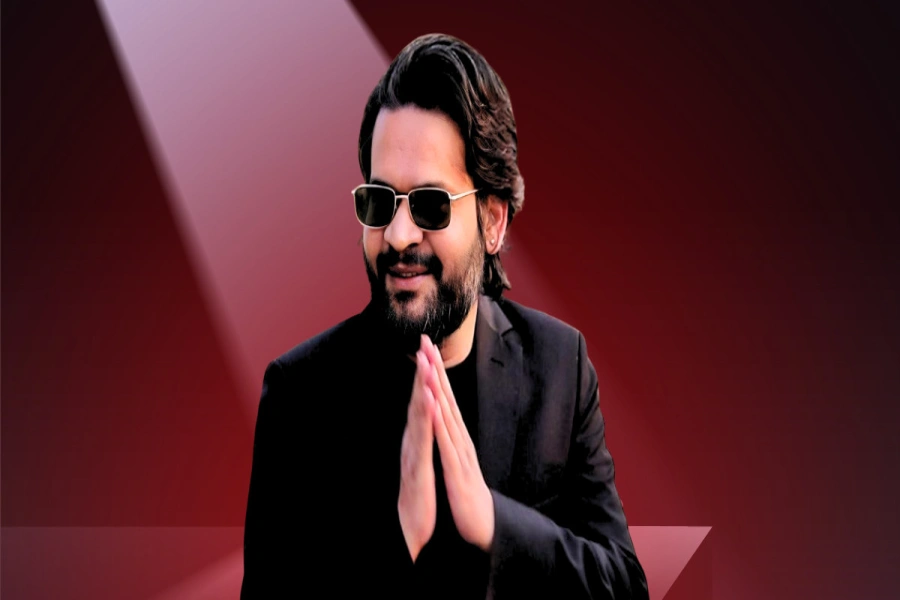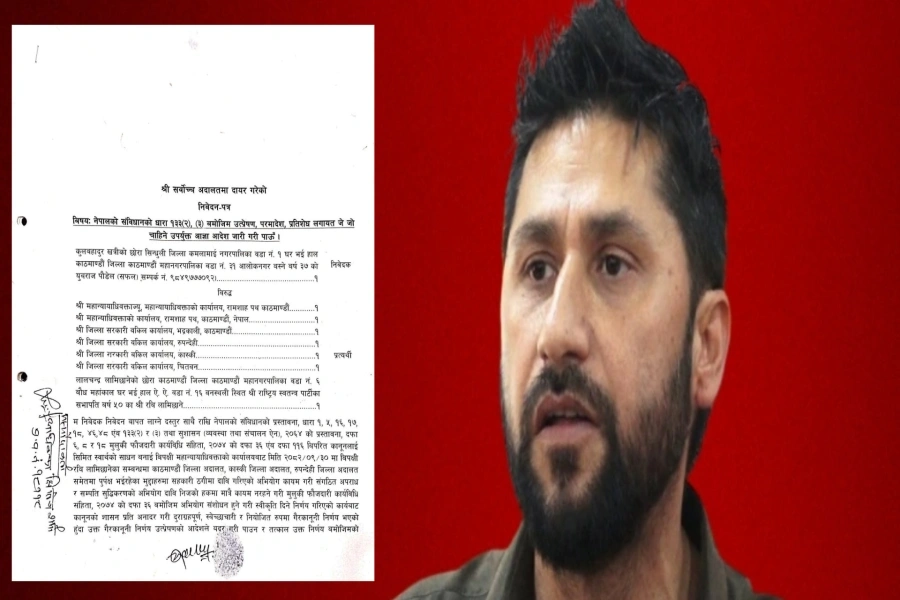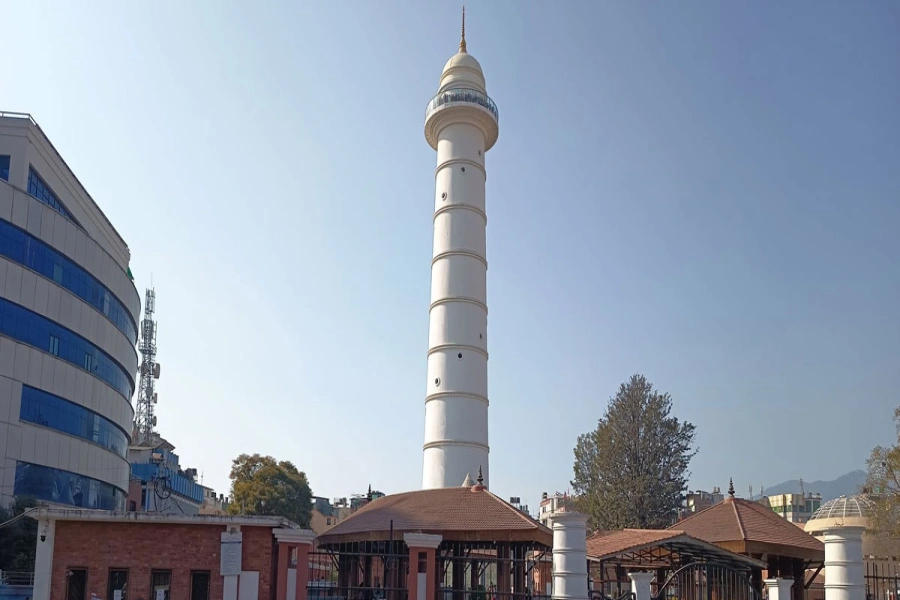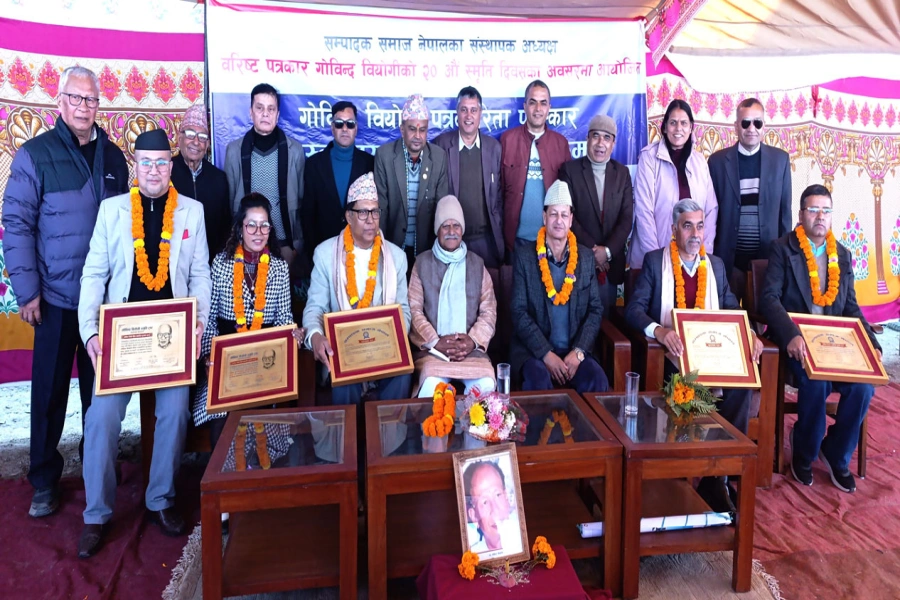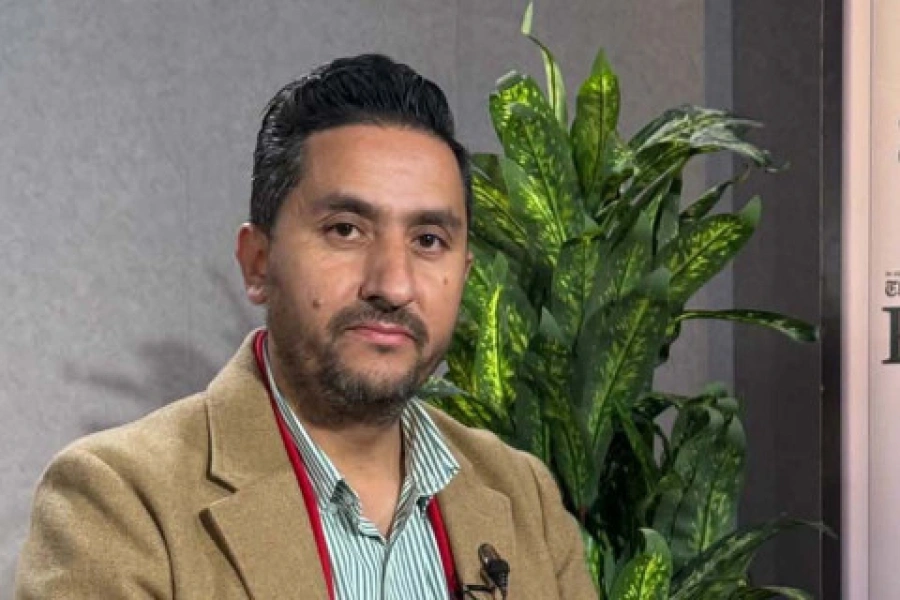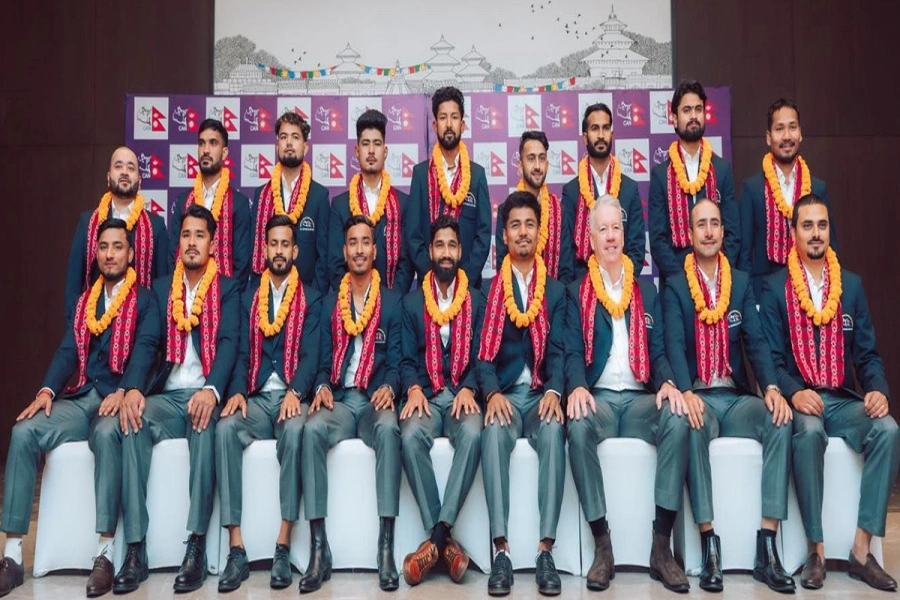Government must ensure that no student will have to lose their academic year due to the pandemic. Every student should be able to continue with learning process.
We know that education is a life-long process. History shows that process of gaining education developed along with development of human civilization, though there were no formal educational institutions in the beginning.
Education of Nepal has high influence of Sanskrit education. Before the initiation of Varnasram system, traditional knowledge and skills were transferred from one generation to another within their family. Moral knowledge, traditional knowledge and classical-ideal knowledge were provided in respective families. As the time passed and society evolved to become more complex, this limited form of education became insufficient and therefore Gurukul system was born. Gurukul system was based on religion and thus education was provided at temples, Gumbas, Bihar and other religious places.
Malla King Jaysthiti Malla directed Guthis to look after temples, Gumbas and other educational institute. Before Nepal’s unification, Sanskrit education was given in Doti, Jumla, Palpa, Tanahun and Kaski. Kings of Gorkha appointed royal priests to provide education to their princes. King Ram Shah of Gorkha is known as an education lover.
After the unification, King Prithvi Narayan Shah had made an arrangement for free education for children of dead soldiers. The conflict that followed after his death, however, affected education.
Nepal Mask Campaign launches with the slogan 'Let's wear masks,...

With some exceptions, the period of Rana rule (1903-2007) was period of no educational development. However, after Janga Bahadur Rana returned from his royal visit to England, he established English School (Durbar High School) at his own palace. There were two main purposes: To provide education to the sons of the Ranas and to impress the British East India Company. Even so, Janga Bahadur Rana laid the foundation of formal education in Nepal.
Bir Shumsher opened Durbar High School for ordinary people. Chandra Shumsher established Intermediate College named as 'Tri Bhuwan Chandra College', affiliated to University of Kolkata. In 1980, it was renamed as 'Tri Chandra College'. Examination Board and SLC board were established in 1986 and 1990 respectively.
It was only at the dawn of democracy in 1950 that general people began to have access to education. But lack of human resources and geographical remoteness of schools from localities stood as barriers.
In recent years, however, education has become accessible to all. Education has aimed to develop sense of nationality and respect to sovereignty in people, to develop skilled manpower and many more. High school education has been declared to be free.
At the moment, entire education sector is suffering due to Covid-19. Schools and colleges have remained shut for over seven months. Classes, including the annual examinations, have been disrupted and teachers have lost their jobs. Private schools have been able to impart education through online system, which is good but students from government schools in rural areas have been deprived of this opportunity.
Many things need to be done but there is no clear planning regarding this academic session. Government has not made any policy to manage it. Government should immediately come up with scientific policy, course and method of evaluation for this academic session. Students should be encouraged to learn through alternative mediums such as Radio, TV, Newspapers, internet etc. This will at least ensure that no student will have to lose their academic year due to the pandemic.
There are problems in higher education institutions too. The number of students is declining in colleges affiliated to Tribhuvan University, the country’s first and the oldest institute of higher education. Even teachers in TU affiliated colleges are found to invest in private schools and colleges. Politicization is rampant.
Thus it is necessary to overhaul both school and university education in Nepal. Curriculum should be designed and changed according to the need, necessity and trend.
Concerned bodies should keep national and international changes in consideration while designing course. In course of time, education system changes along with development of science and technology. We need to adapt our education system in line with the changes happening globally.
Meanwhile, the government must ensure that no student will have to lose their academic year due to the pandemic. Every student should be able to continue with learning process.
The author is a lecturer.




